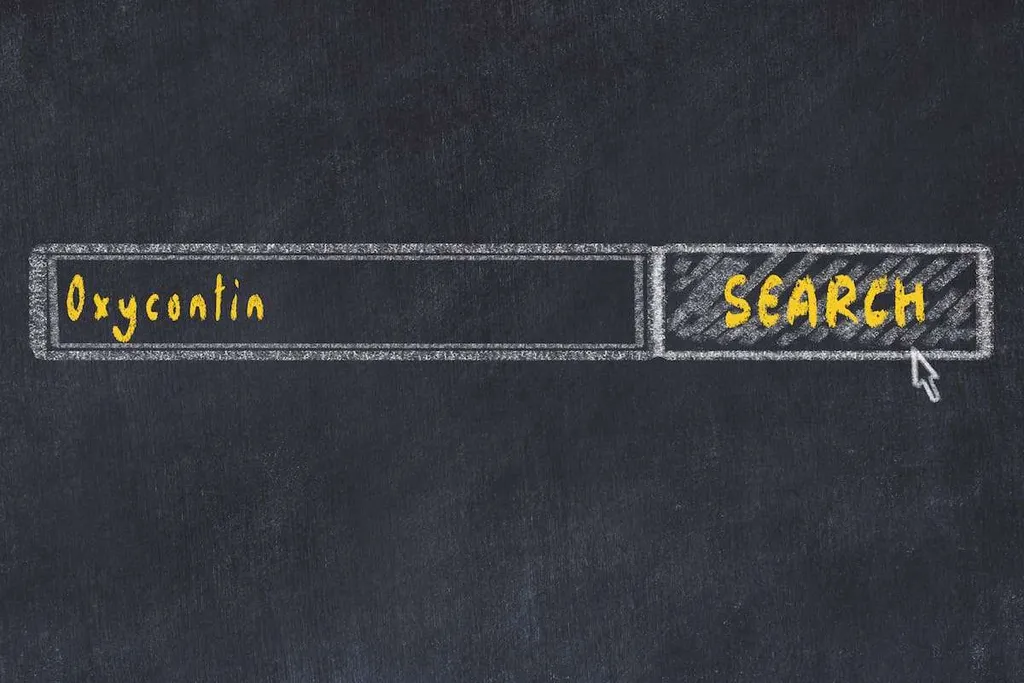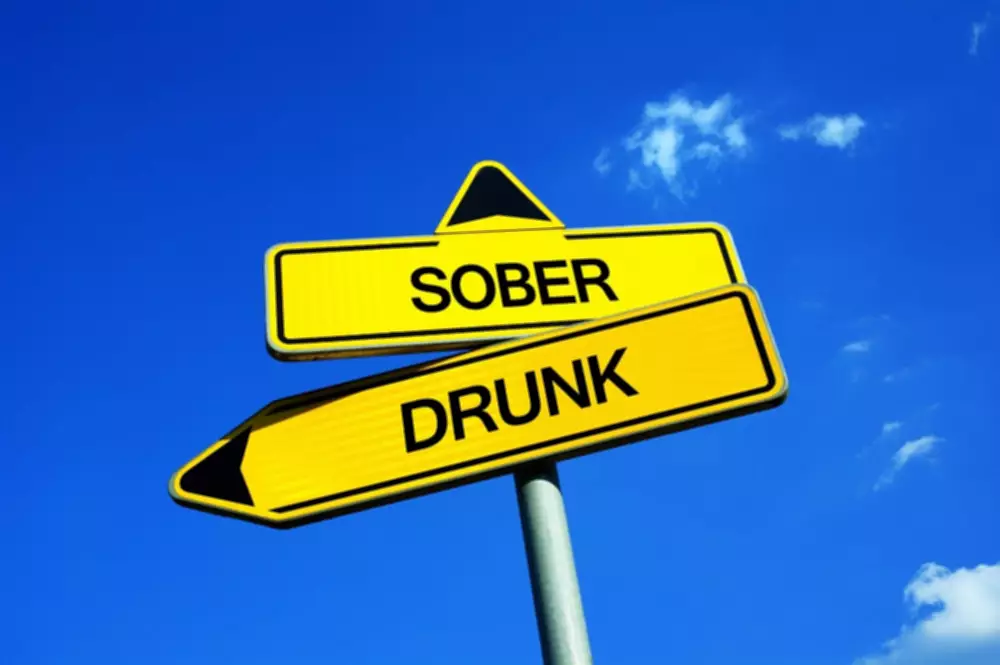
Emotions that act as internal triggers can be negative, positive, or neutral. The removal of external triggers can be as simple as a change in scenery or new group of friends. Unfortunately, internal triggers – feelings and moods – can also impact the success of rehabilitation. In order to ensure a happy and long-lasting recovery, addicts must identify both external and internal triggers. Discover a few of the more common triggers to help jump-start the process.
How to identify your emotional triggers

When you know what to look for, you have the power to step back and change direction before things go too far. At Ikon Recovery Center, experts work closely with individuals to create tailored plans for managing these triggers as part of their treatment programs. Internal triggers can include emotional states such as stress, anxiety, and boredom, as well as thought patterns such as negative self-talk and rumination. If you drug addiction are starting to consider relapse, you may find that you are exposing yourself to possible triggers, even subconsciously. If you find yourself in high risk situations that could trigger a relapse, you should immediately reach out to someone that you can trust and who is supportive of your recovery. Talking through the trigger and enlisting someone else’s help can provide you with the motivation and assistance needed to overcome the trigger and stay sober.
- When you know what to look for, you have the power to step back and change direction before things go too far.
- Therapists experienced in substance use disorders can help you identify and analyze possible triggers.
- Avoiding your triggers is the most effective way to avoid having PTSD symptoms.
- For example, seeing a specific type of car might remind you of a past accident, instantly making you feel anxious.
Understanding External vs. Internalized Triggers: A Guide for Self-Healers

There may be times in your life when triggers are more powerful than others, but you will learn how to better manage them. Some people prefer one-on-one therapy to recovery groups or 12-step programs. Others find success with therapy in addition to self-help groups or other means of support. Ask those you trust to help remove any triggers from your space, such as medication or alcohol bottles. Deciding to get treatment for substance use disorder can be a life-changing decision.

Does My Health Insurance Cover Treatment?

Imagine attending a cocaine addiction treatment center where they teach you about the 12 steps of Alcoholics Anonymous. You learn about how to identify your higher power and how to accept that you are powerless over your addiction. The ideal situation for a person https://ecosoberhouse.com/ in long-term recovery is that they reach a point where they no longer know where to get their drug of choice.
They’re not just abstract concepts confined to psychology textbooks; they’re very real forces that shape our daily experiences, relationships, and even our most important life decisions. In this deep dive into the world of psychological triggers, we’ll explore their definition, types, mechanisms, and impact on our lives. We’ll also uncover strategies for managing these powerful influences, empowering you to take control of your emotional responses and lead a more balanced life.
Understanding Addiction Triggers: What They Are and How to Manage Them
- For example, a news report covering a trauma similar to what you experienced might trigger symptoms of PTSD.
- Denying or ignoring what you feel generally only makes it worse over time.
- Next, we’ll take a closer look at the unique challenges posed by internal triggers and how to address them.
- But having that additional, unbiased person to turn to in times of trouble can certainly help you reflect and find a better path forward.
- One of the best ways to avoid triggers is by recognizing what they are.
Having the ability to look back and review those experiences may help you process them better or allow you to have some distance so that you can reflect on them more fully. We all know people, places and situational events that directly impact our emotional triggers. They often send us spiraling with sudden intense emotions that can be difficult to manage and hard to process. Understanding these common triggers and their effects is like having a field guide to the emotional wilderness.

Psychological Neglect: Recognizing and Healing from Invisible Wounds
A 12-step program can be incredibly effective in maintaining sobriety. These programs are designed to hold you accountable and build a strong support system. Focusing on activities you love can fill the time you might have spent using substances. They can internal and external triggers examples also be effective outlets for stress and negative emotions that may have caused you to use in the past.
